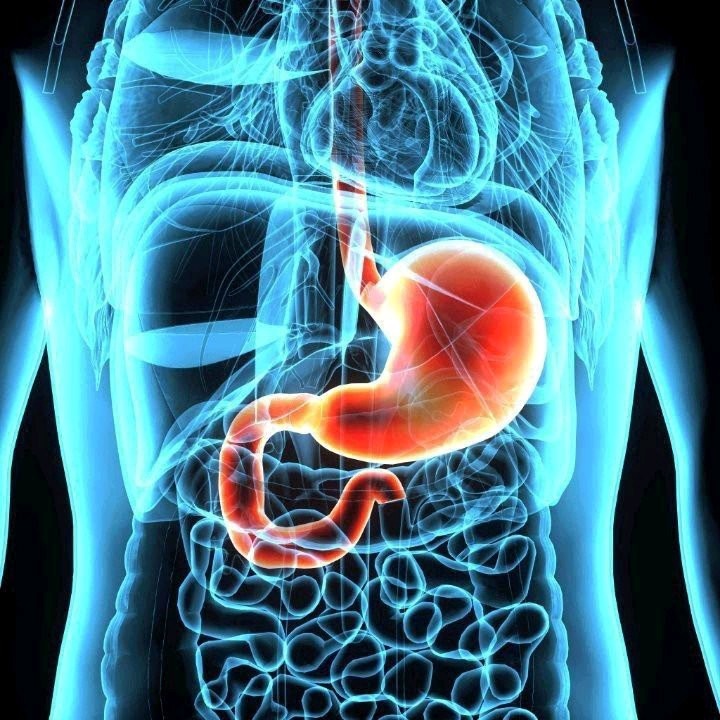Stomach cancer, also known as gastric cancer, is a deadly disease that often develops silently until it reaches an advanced stage. It is a major cause of cancer-related deaths worldwide, with risk factors ranging from genetics to lifestyle choices.
One of the most significant contributors to stomach cancer is diet. Certain foods have been linked to an increased risk of gastric cancer due to their impact on stomach lining irritation, inflammation, and carcinogenic compounds. If you want to reduce your risk and live a longer, healthier life, you should consider eliminating or reducing the following three foods from your diet.
1. Processed Meats
Processed meats such as sausages, bacon, ham, and hot dogs contain high amounts of preservatives like nitrates and nitrites. These chemicals can convert into N-nitroso compounds in the stomach, which are known to be carcinogenic.
Studies have shown that people who consume large quantities of processed meats have a higher risk of stomach cancer compared to those who eat fresh, unprocessed meats. Additionally, smoked and cured meats often contain high levels of salt and harmful compounds formed during the smoking process, which further increase the risk of gastric damage.
2. Excessively Salty Foods
High salt intake has been linked to stomach cancer because it damages the protective lining of the stomach, making it more vulnerable to infections like Helicobacter pylori (H. pylori), a major cause of gastric cancer. Foods such as salted fish, pickled vegetables, and processed snacks contribute to excessive sodium intake.
When the stomach lining is weakened, it becomes easier for cancerous cells to develop and spread. Reducing salt intake by avoiding highly processed and preserved foods can significantly lower the risk of stomach cancer.
3. Sugary and Carbonated Drinks
Excess sugar consumption has been linked to various health issues, including obesity, diabetes, and cancer. Sugary and carbonated drinks, such as sodas and energy drinks, can increase the risk of stomach cancer by promoting inflammation and acidity in the stomach.
Chronic inflammation weakens the stomach’s defense mechanisms, making it more susceptible to cell mutations that lead to cancer. Moreover, artificial sweeteners and acidic preservatives in these drinks may also have harmful long-term effects on stomach health.
Conclusion
Stomach cancer is a silent killer that can be influenced by diet and lifestyle choices. Eliminating or reducing processed meats, salty foods, and sugary drinks can significantly lower your risk. Instead, focus on a diet rich in fresh vegetables, fruits, whole grains, and lean proteins to promote digestive health and longevity. Additionally, regular medical check-ups, staying hydrated, and avoiding smoking or excessive alcohol consumption can further reduce your chances of developing stomach cancer. Making these dietary changes today can help ensure a longer, healthier life free from this deadly disease.

